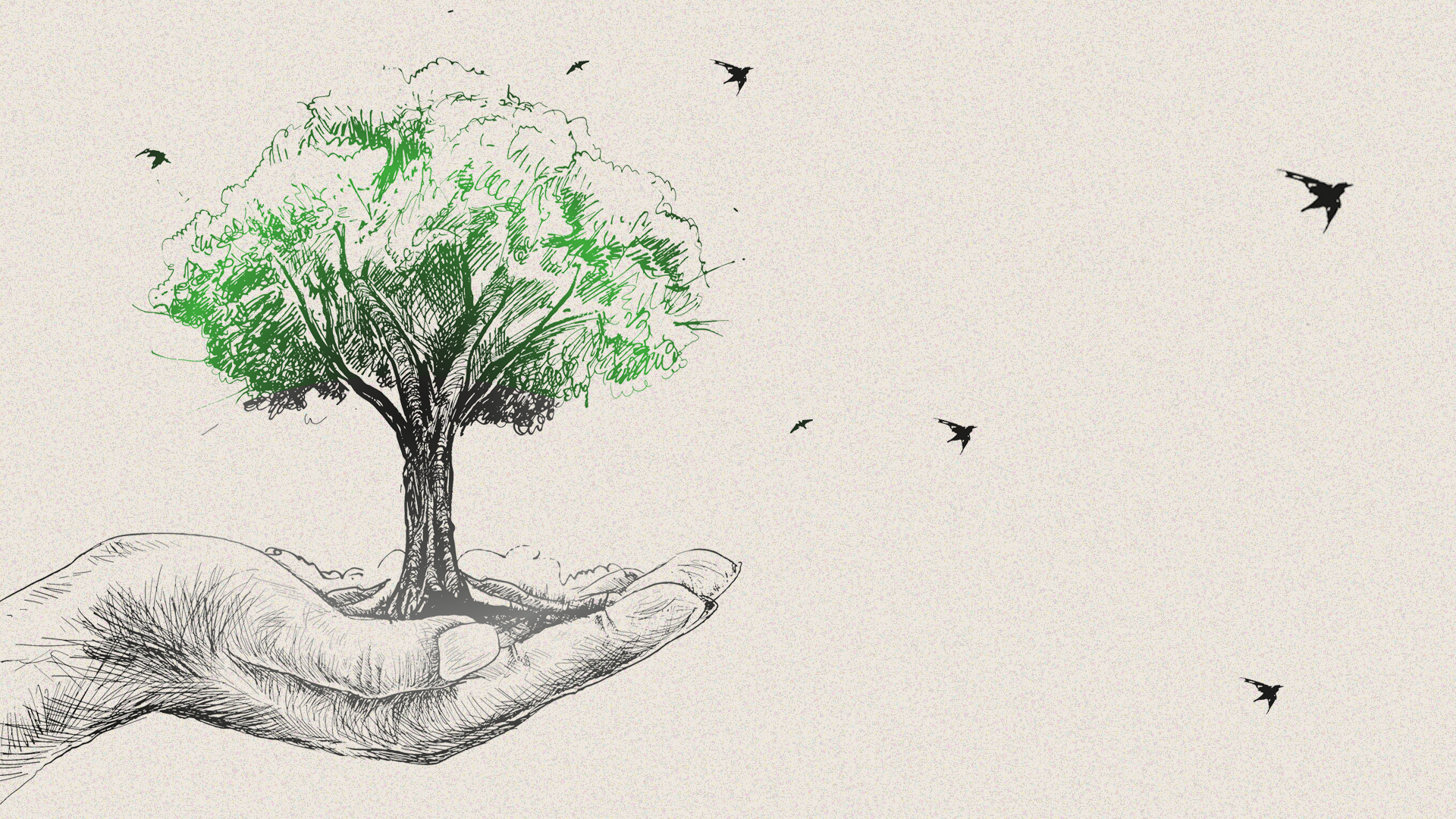Now is the time for reforestation. The task is urgent – to restore nature, to protect the climate and, while we are about it, to restore forest lands to their rightful owners, the world’s forest people. But guess what: if we truly want the return of the trees, the last thing we should do is to get planting.
In 30 years of reporting from the world’s forests, I have learned one lesson. Nature does it best. Let’s put away our trowels and leave the great forest restoration to nature.
We humans have done indescribable damage to our planet. Since the dawn of civilisation, we have chopped down and burned half of the world’s forests. The sound of chainsaws has replaced birdsong from the rainforests of the Amazon to the steppes of Russia and the outback of Australia.
Even so, almost a third of the planet’s land surface is still covered by about three trillion trees. That is an unimaginably large number – more than all the stars in the Milky Way.
Those trees are home to more than half the world’s surviving species. They cleanse the air and water. They deliver fruits and nuts, rubber and timber, honey and medicines. They store moisture in soils to maintain river flows. They control our climate too, by storing as much carbon in trunks, roots and leaves as humans have emitted into the atmosphere since the start of the Industrial Revolution. And each day, every tree pumps about 50 litres of water into the atmosphere from quintillions of tiny pores on their leaves, keeping the atmosphere moist and cool.
So what we have lost shames us. But what we have left is still immensely precious. And the good news is that the great shaving of our planet may be coming to a close. Deforestation is declining. And in ever more countries, from Costa Rica to Nepal, trees are returning in huge numbers. Even China and India, the world’s two most populous nations, have found room for more. Our planet as a whole has more trees than it did a decade ago.





